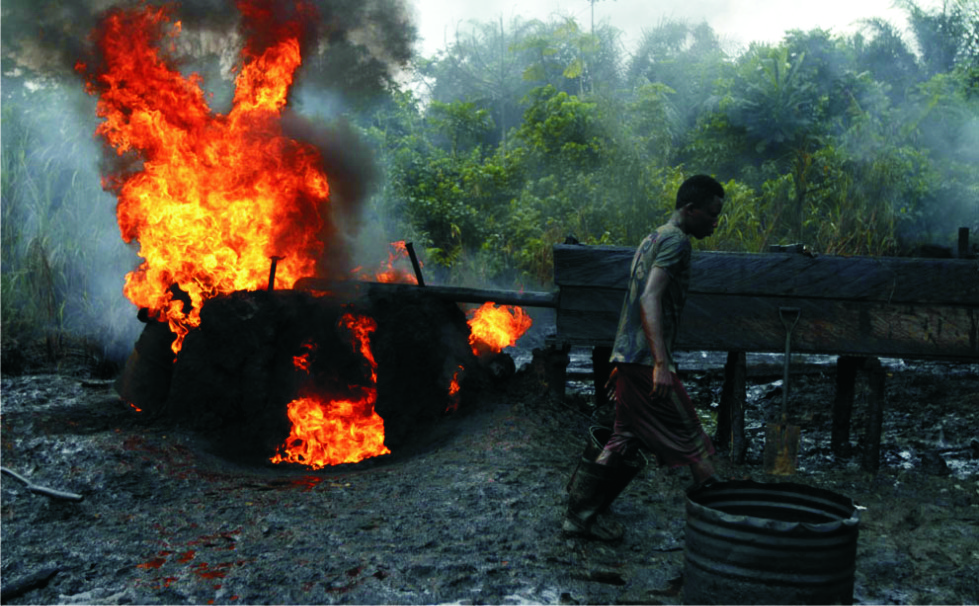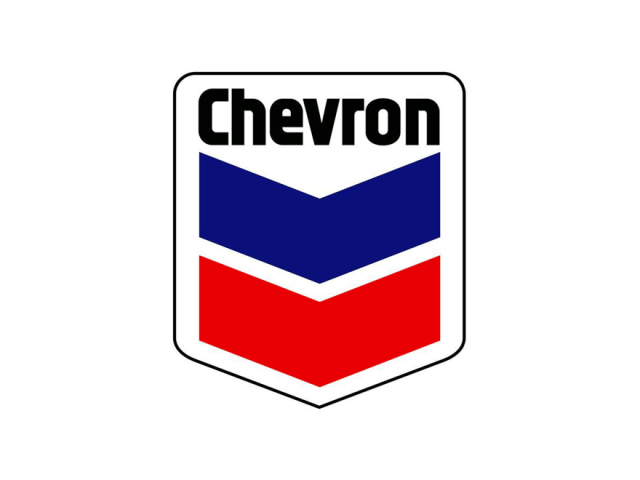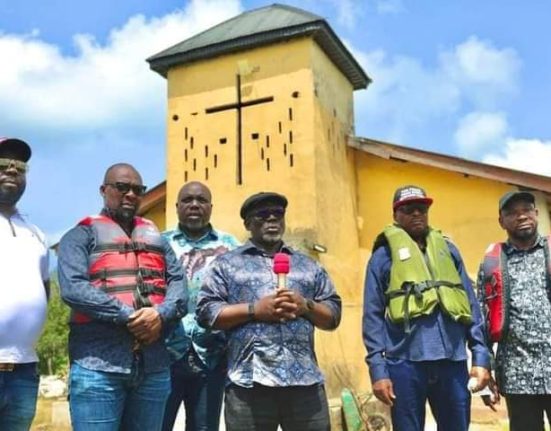By Bright Amirize
The Nigerian masses have been known to develop such degree of docility and resilience which make it possible for them to tolerate all kinds of injustices and indignities, without strong resistance. Such state of mind and attitude of submission to oppressive conditions are left-over effects of slavery and militarism, which Nigerians had experienced as historical realities. Responses to such human abuses include superficial aggressiveness and braggadocio, known colloquially as “gra-gra”. But behind such superficiality usually lies some fear and weakness.
Studies in historical abuse of the human psyche always point to the fact that application of fear and the bestiality of power, can turn humans to become submissive animals. Probably the long-term price which the people of former Eastern Nigeria had to pay for rebellion is “Plucking of their wings, to tame their arrogance and pride”. That statement about “Plucking” of wings was actually made in a “signal” by a hero of the Nigerian Civil War, who is still alive today.
Therefore, examining issues connected with the “kpo-fire” phenomenon would require bringing in elements of illegal refineries, pipe-line vandalisation and militancy associated with oil-producing zones in Nigeria. The venom of the Nigerian Civil War is not quite over in the minds of some people, neither is the Army signal about plucking wings to tame pride and arrogance, erased in the minds of some people.
To say that conflicts are not over, until they are properly resolved, to the satisfaction of all the parties involved, cannot be a hate speech. Neither would it be wrong to remind Nigerians that late Senator Francis Ellah resigned as a Senator based on sound democratic principle. In the first 10 years after the end of “Biafra” issue, there were whisperings that a “war indemnity” or some subtle form of penalty was tactfully imposed on certain section of the country. Senator Francis Ellah’s Unfinished Motion and his resignation as a Senator had to do with suppression of the idea of war indemnity. Were we not told that there was no victor or vanquished?
Hypocrisy and corruption are among the viruses which destroy the integrity of nations. Even though no one has raised the issue of an intercepted signal pointing towards definite policies. All may be fair in war situation, and fair may befoul and foul fair among witches and perhaps politicians, such aberrations have their left-over effects.
A research student trying to investigate the genesis of “419” or stealing by tricks in Nigeria pointed fingers at “policies which sought to stifle the economic survival” of certain people after the Nigerian Civil War. Big effects usually arise from small causes which may be intended to spite an opponent. Thus, when we heat the furnace so hot for our enemies, we may single ourselves at the end. Obviously when people are pushed to the wall in a clever way they react cleverly!
What is referred to in this article as “kpo-fire” kerosene is an adulterated and dangerous fuel derived from illegal refineries of crude oil in crude manner. Varieties of such adulterated kerosene are commonly found in oil-producing communities in Southern parts of Nigeria. People who engage in such illegal and crude refining activities are usually jobless youths and adults looking for ways and means to survive in a ruthless economy. For a long time, those involved in the production of dangerous fuel have been having a running battle with security agencies. Have Niger Delta people been treated fairly?
It would even be more dangerous if one should make a public revelation of findings derived from private investigations in this matter. The possibility of mutual understanding, collaboration, cooperation and profit-sharing cannot be ruled out between the “hunted and the hunter”. Neither is the crude way of burning crude refineries and their illegal products, a better alternative to the danger of “kpo-fire” kerosene.
The more those operators of illegal refineries are chased about be security agencies, the more scarce and higher the prices of the products. Currently, one large bottle of “kpo-fire” kerosene sells for N300, a price which varies according to the hazards associated with the production and smuggling network. Neither can original and genuine kerosene be found easily to buy as an alternative to the dangerous one. Experiences of many families with “kpo-fire” are not exposed.
The culture of product adulteration in Nigeria has taken on the status of a plague, such that everything genuine and original is quickly corrupted and debased. It has become quite difficult to differentiate between a genuine product and a fake one, the same way it is to tell which Nigerian is honest or crooked. Search for desperate means of survival in a harsh economy force many Nigerians into engaging in sharp and unethical practices. Greed for profit may not be responsible for acts of desperation and illegality. Game of survival can be ruthless; it devolves around oil and gas.
Dangers of “kpo-fire” kerosene go beyond domestic fire outbreak, but also include health hazards arising from inhalation of soot. Economically, users of “kpo-fire” kerosene complain that it burns out faster and also generates heat and smoke. Since it is not properly refined, “kpo-fire” kerosene poses other dangers too. The NNPC and other relevant agencies can bring succour by ensuring that genuine kerosene is easily available for the public to buy. Dealers in cooking gas have been known to add to the misery of the masses by cheating in various ways. There are complaints of water mixed in gas.
Rather than make more and more laws in Nigeria, including one on hate speech, available laws should be enforced with firmness and justice.
Nigerians would rise up and embrace patriotism if those who lead them are seen to set the pace and live by examples rather than precepts. Who are the users of “kpo-fire” kerosene if not the poor masses? It can’t find any way to the homes of our rulers. (TheTide).
Support Quality Journalism in the Niger Delta Region
Join us in our mission to bring development journalism, cultural preservation, and environmental awareness to the forefront. Your contribution makes a difference in the lives of the people of the Niger Delta. Donate today and be a part of the change!








